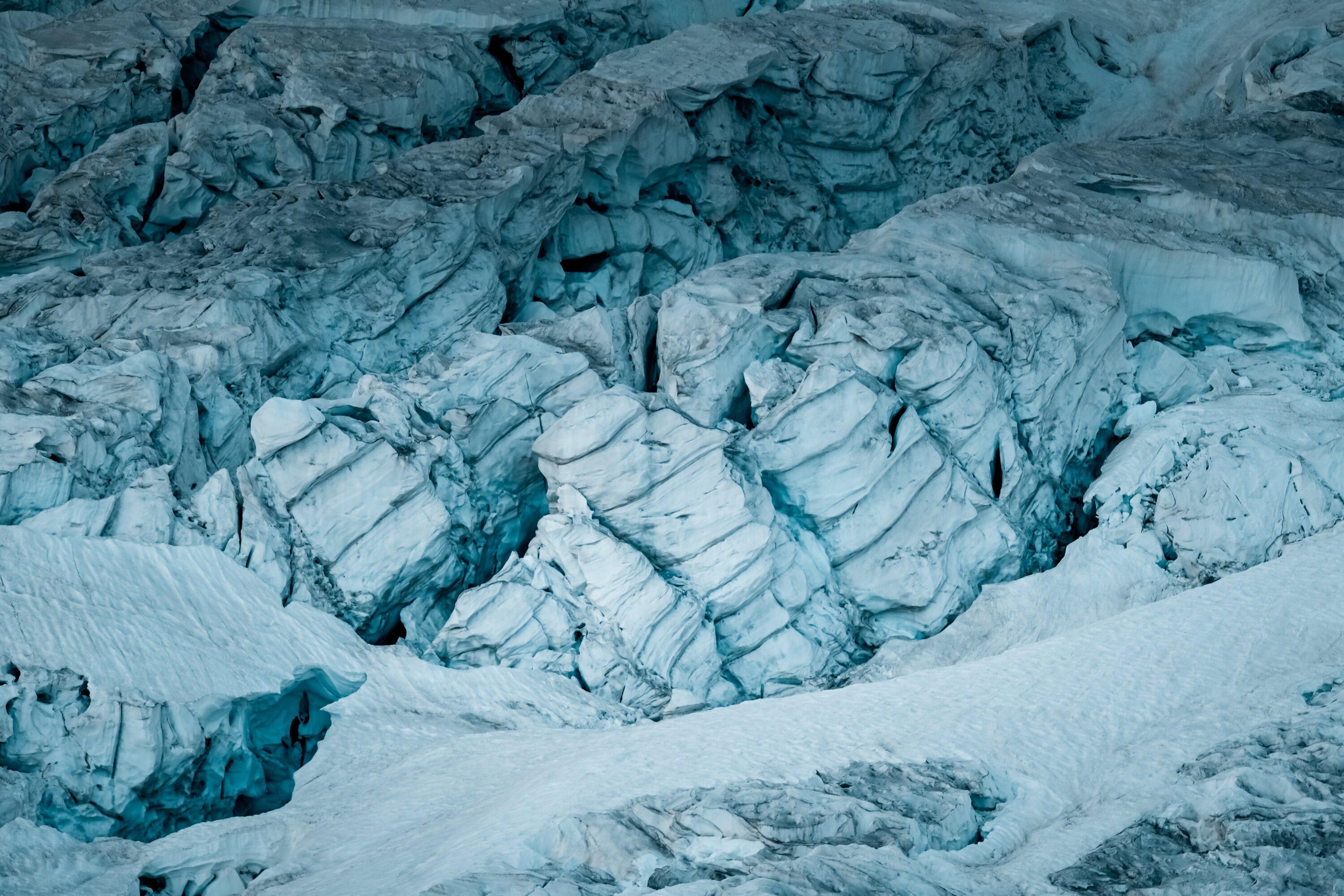INQUA has been a member since 2005.

The International Union for Quaternary Resarch (INQUA) is a global network of over 5000 scientists in 50 countries. It ifocuses on the most recent period of Earth history (the Quaternary; the last 2.6 million years), and on the interplay between humans and the contemporary Earth system. The Quaternary is a unique period in Earth history. The genus Homo appeared at the beginning of the Quaternary, and human evolution was driven by frequent large changes in global climate that led to a succession of glacial and interglacial ages with environmental conditions very different from those of today. These climatic fluctuations led to major global reorganization of terrestrial geography, ocean circulation, and biotic communities.
The aim of INQUA is to foster integrated, interdisciplinary scientific research by bringing together scientists working in archaeology, anthropology, paleobiology, soil science, ecology, geology, geochemistry, geophysics, geochronology, geography, glaciology, climatology, oceanography, and social science. INQUA nurtures and promotes cooperation of scientists and research institutions worldwide through its commissions, meetings, and publications. An important focus of INQUA is research on applied issues such as hazardous geophysical processes, climate and environmental change, and impacts of that change on humans. Quaternary scientists document the climate variability of the recent past and establish the boundary climate conditions relevant to humans. Based on their knowledge of the past, Quaternary scientists establish scenarios of future change through numerical and analog modeling.
Results of research by INQUA scientists and scientists of allied organizations are published in a wide variety of peer-reviewed international journals, some specifically devoted to the Quaternary Period. INQUA also publishes its own journal, Quaternary International. The journal, which began publication in 1989, reaches a diverse international audience.
INQUA actively assists scientists and students, especially in developing countries, to strengthen their research capacity. It provides grants to scientists and students to allow them to participate in research projects, workshops, and conferences. Funds are also provided to deserving young scientists and students to allow them to attend quadrennial INQUA congresses.